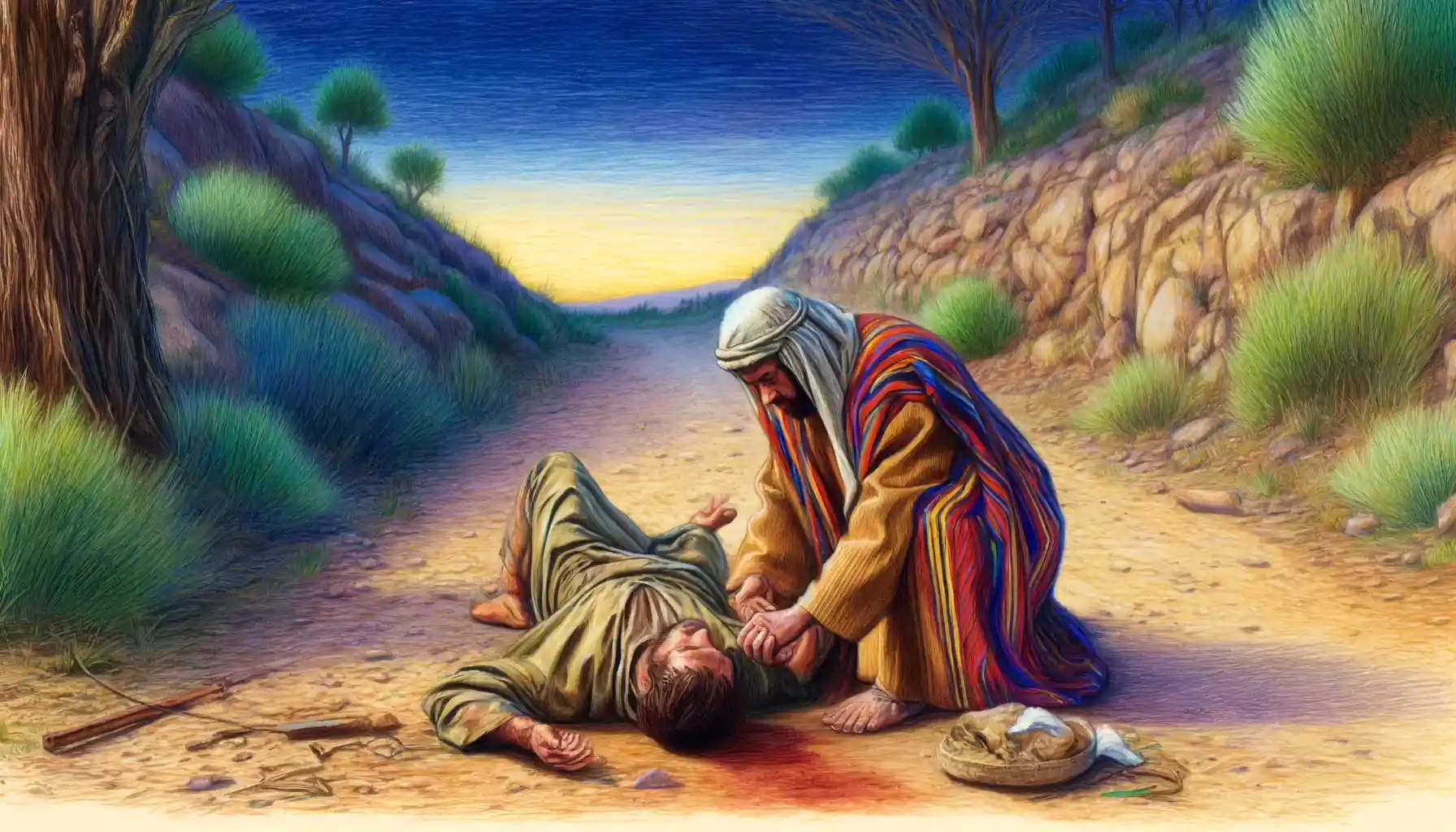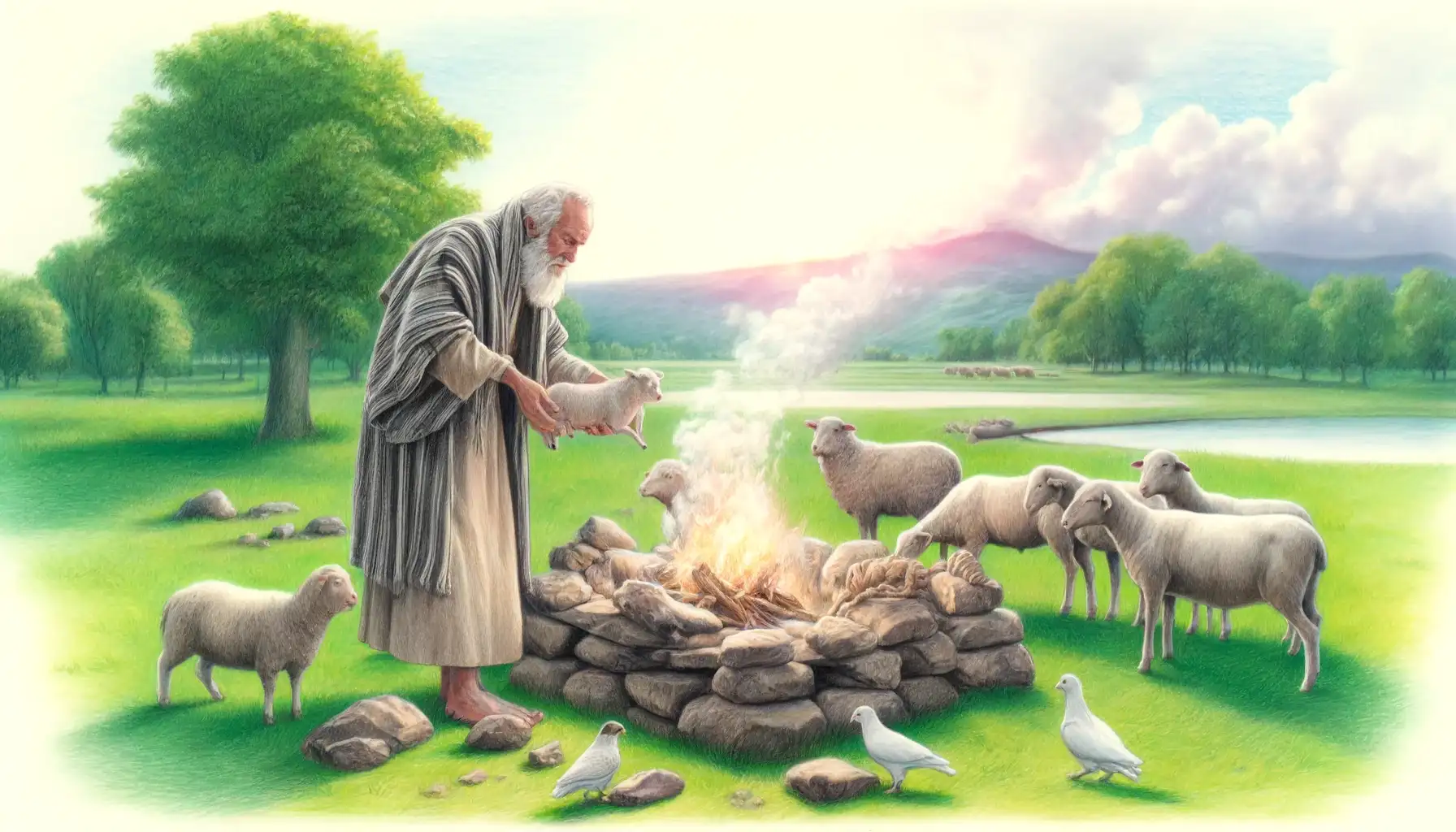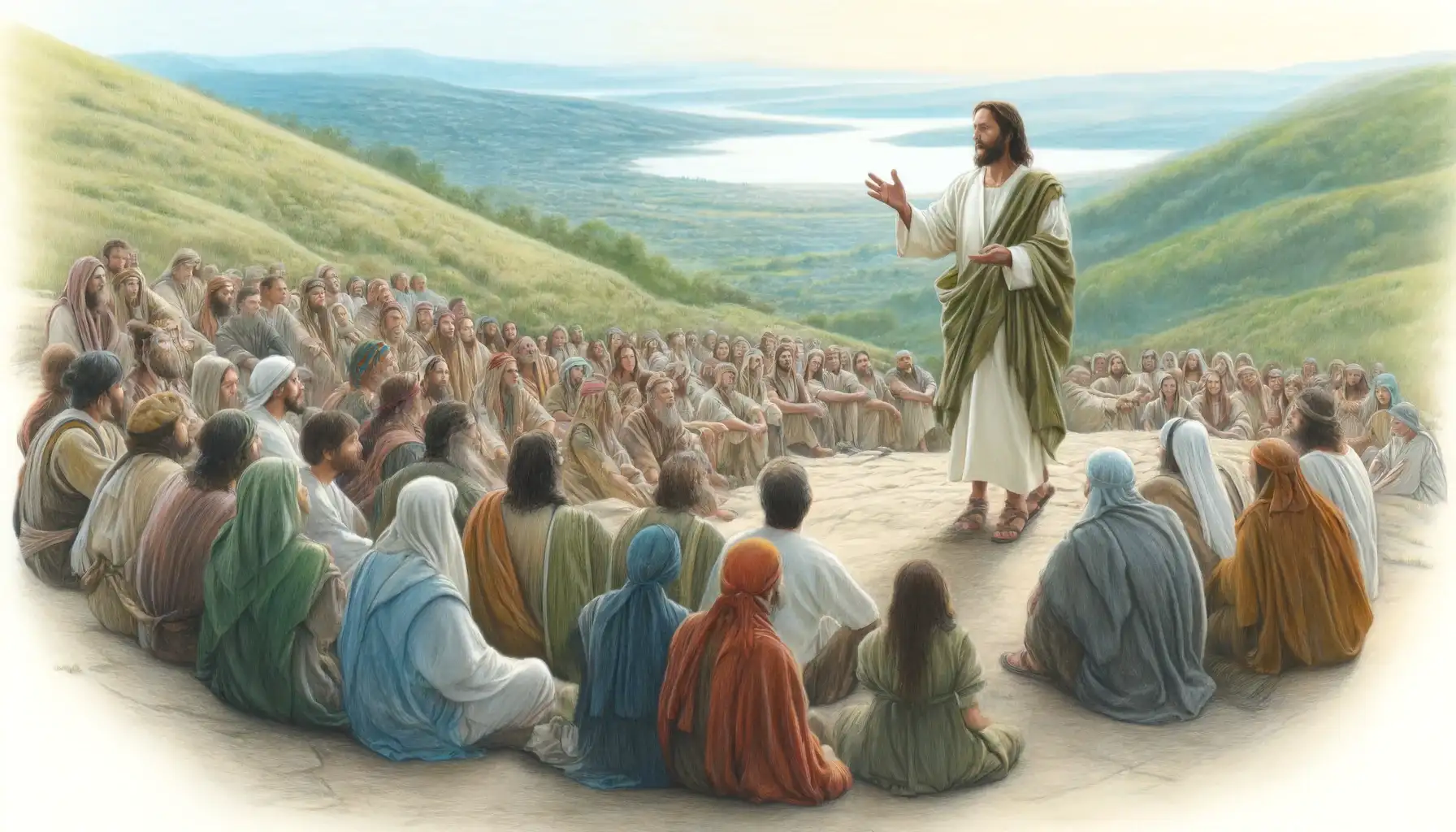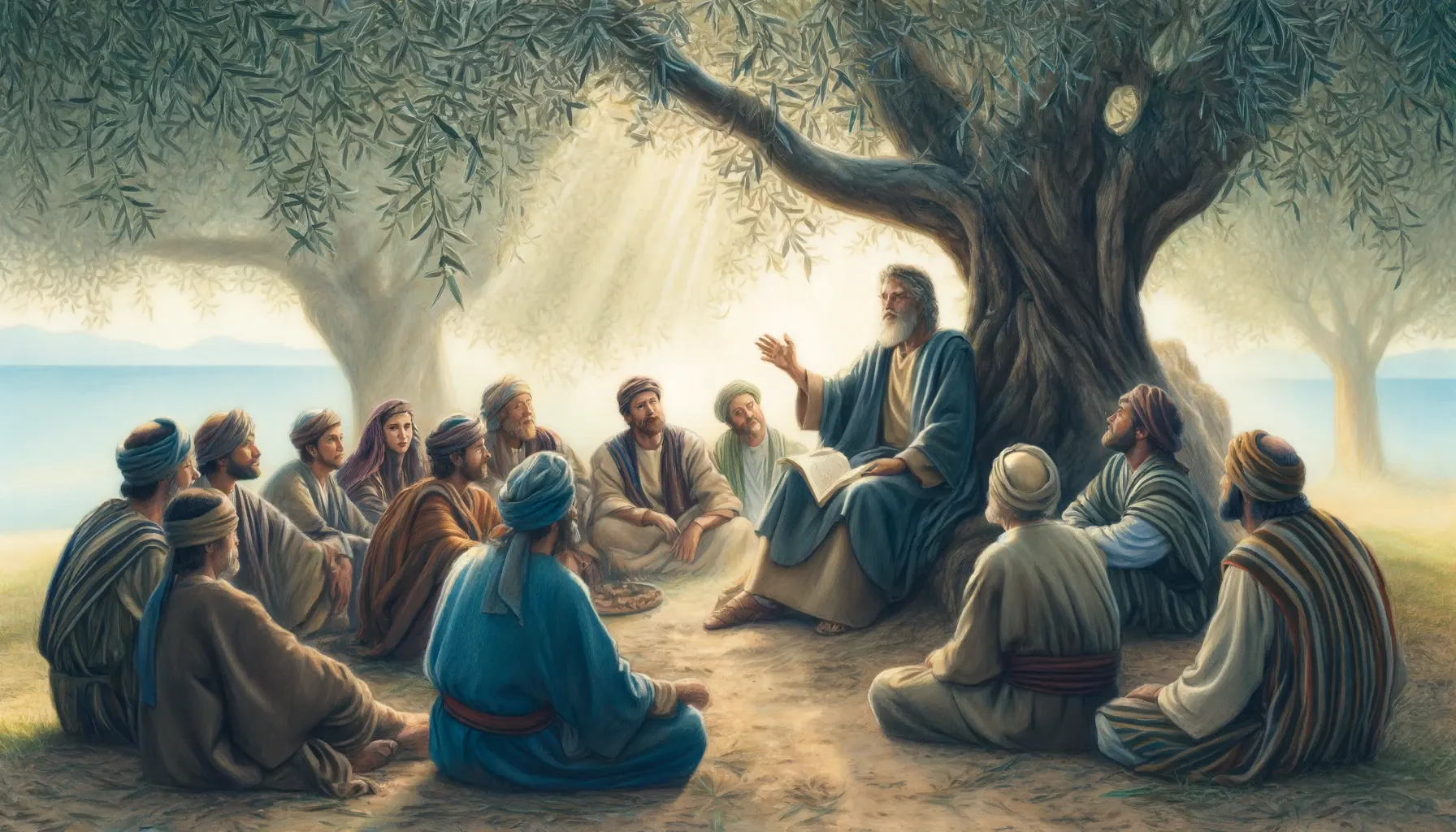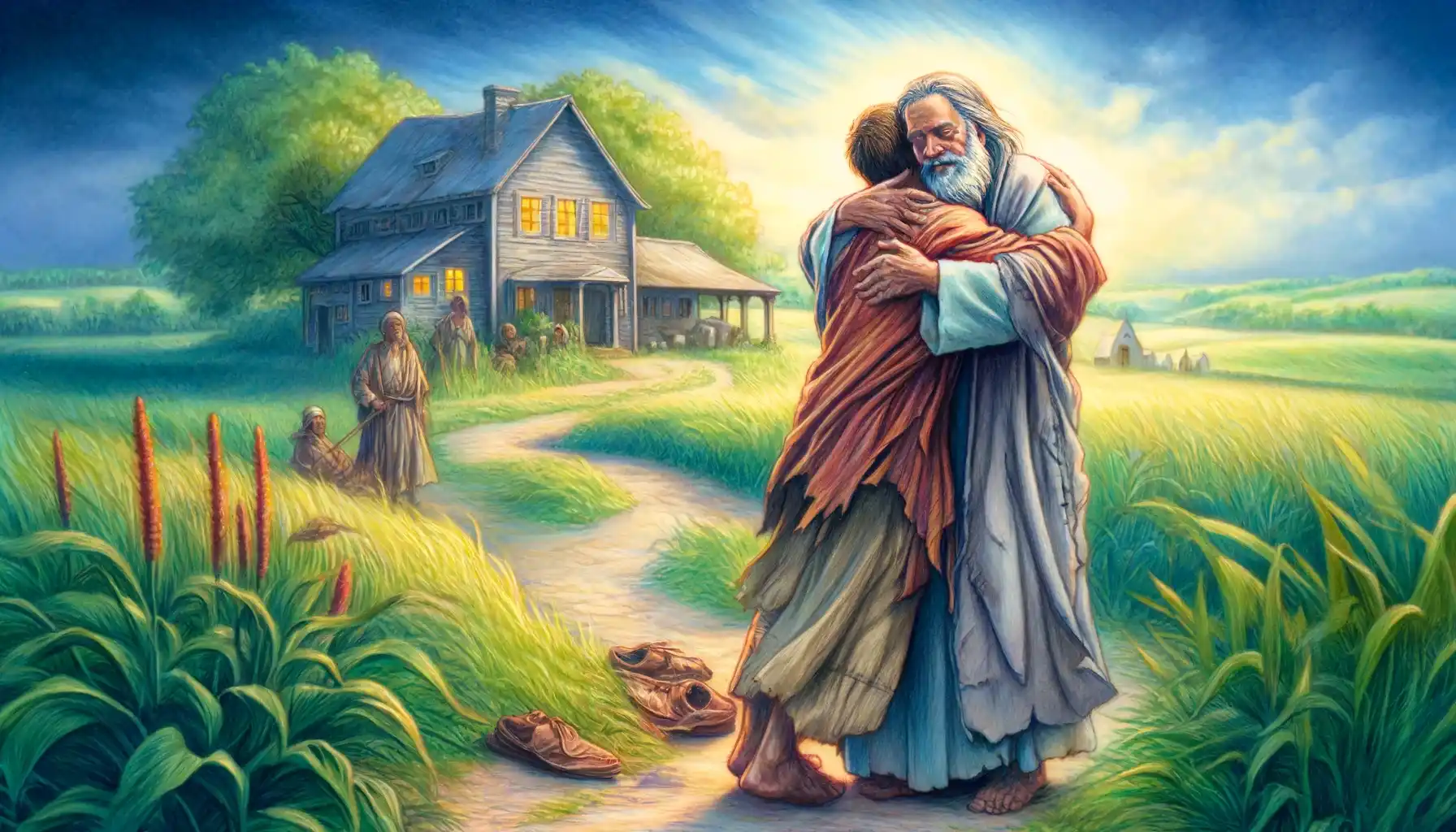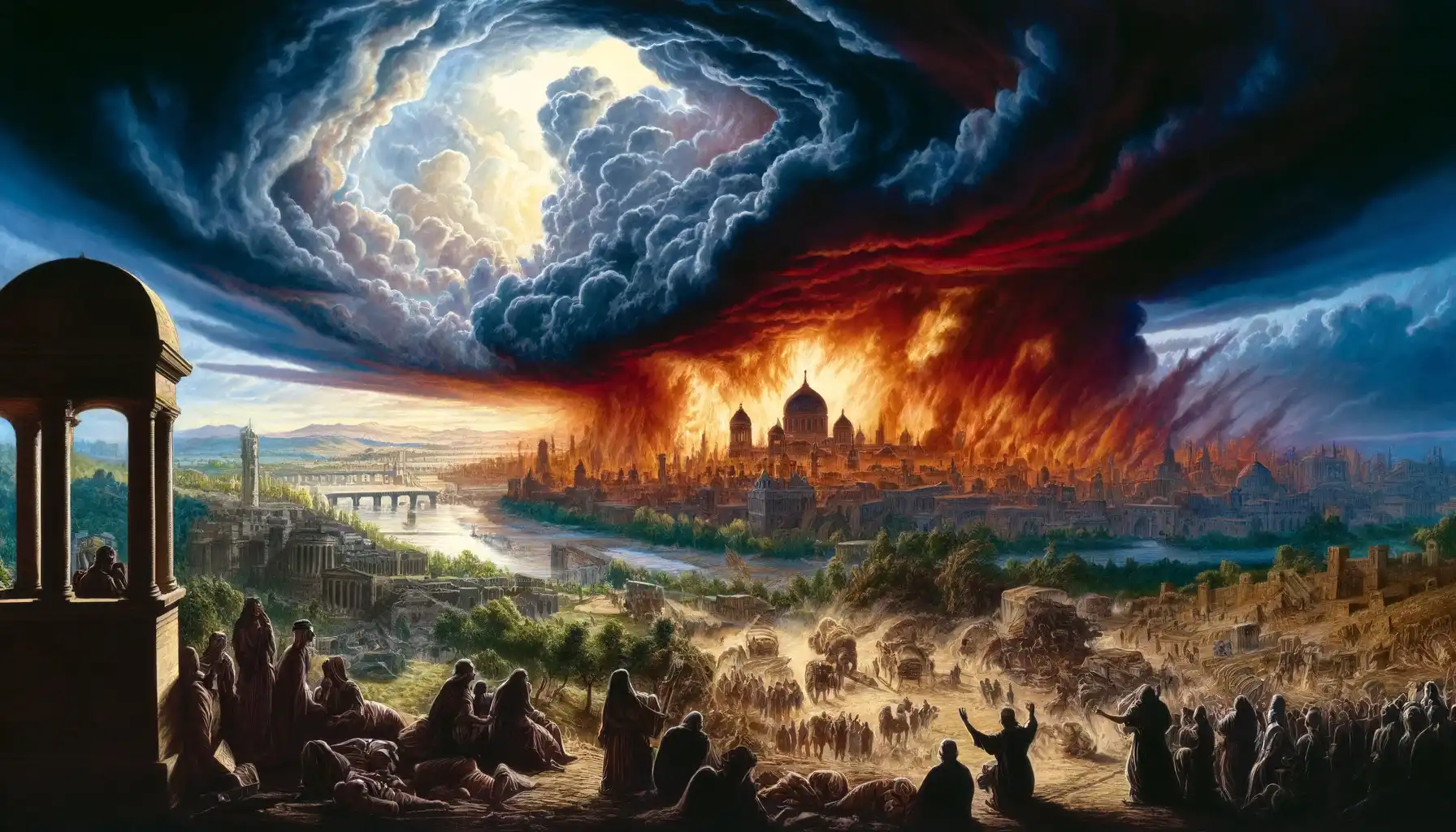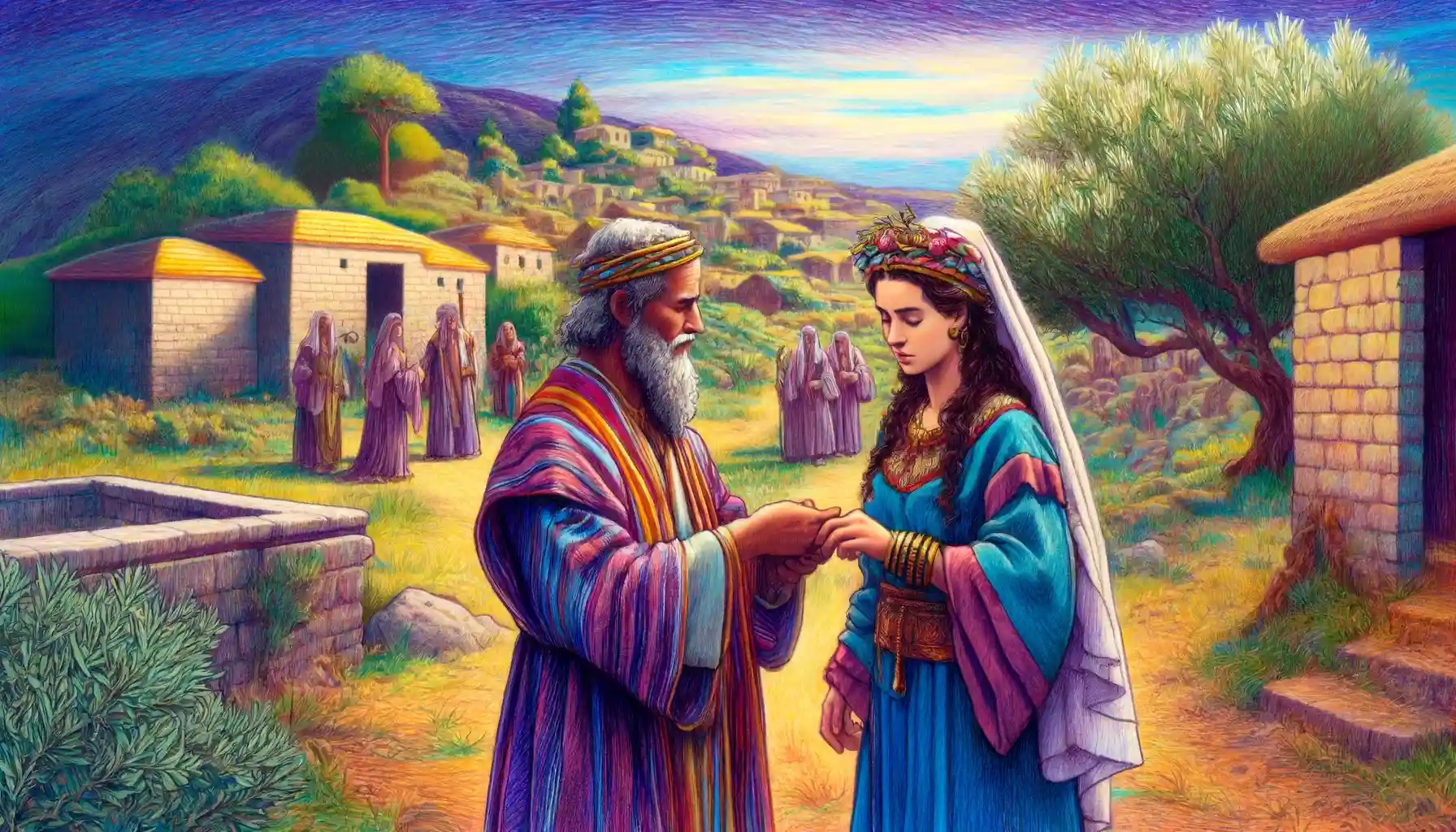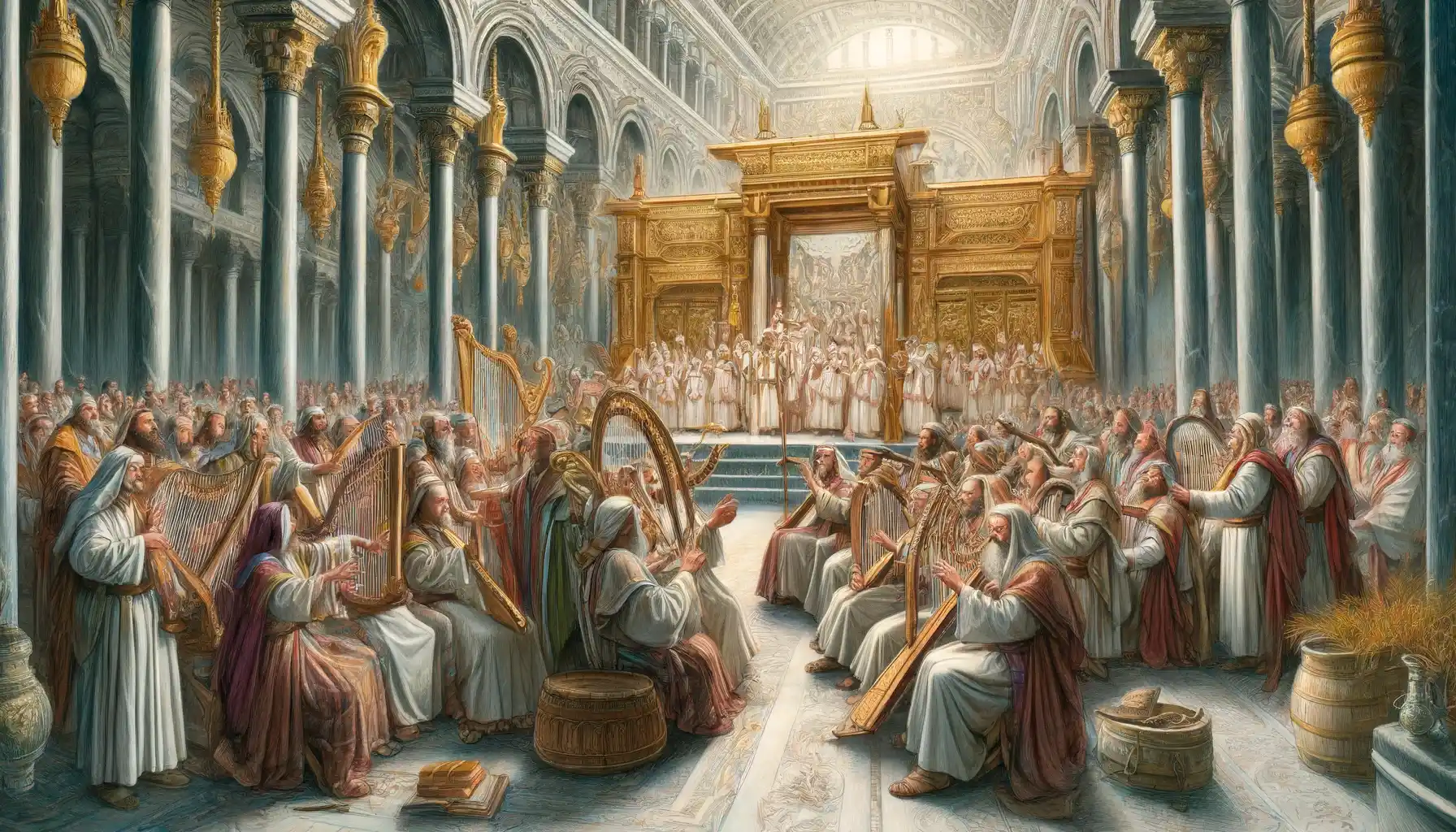he Parable of the Good Samaritan challenges listeners to extend kindness and mercy beyond conventional boundaries, defining a “neighbor” not by proximity or similarity but by need and the capacity to show compassion.
Genesis 8:20-21 depicts Noah building an altar and offering sacrifices of clean animals to God, who, pleased by the aroma, promises never again to curse the ground or destroy all living creatures, despite humanity’s inherent sinfulness, thus establishing a foundational moment of covenant and grace between God and mankind.
The Beatitudes, as detailed in Matthew 5:3-12, encapsulate Jesus’ profound teachings on the spiritual attitudes that lead to blessedness, revealing the kingdom values of humility, mercy, and righteousness that promise divine comfort and reward.
The Book of James emphasizes the inseparable relationship between genuine faith and practical works, urging believers to demonstrate their faith through righteous living and compassionate actions towards others.
The Parable of the Prodigal Son not only teaches about forgiveness but also offers a mirror to every individual’s spiritual journey, encouraging a heartfelt examination of one’s own life and actions in the light of God’s infinite mercy and love.
The Gospel of Matthew is rich in theology and Christology, making it a foundational text for understanding Christian doctrine and the narrative of Jesus’ life as both a fulfillment of and a break from Jewish tradition.
The Book of Zephaniah offers a profound exploration of divine justice, emphasizing the seriousness of sin and the hope available through repentance and humility.
The Book of Hosea offers profound insights into the complexities of God’s character and His expectations for a faithful, loving relationship with His people, making it a critical text for understanding biblical prophecy and theology.
The Book of Lamentations is a profound biblical collection of poetic laments, expressing deep sorrow and seeking divine mercy for the destruction of Jerusalem and the suffering of its people due to their sins and subsequent divine judgment.
The Book of Psalms remains one of the most cherished and widely read books in the Bible, rich in poetry and emotion, reflecting the depth and complexity of the human experience with the divine.

